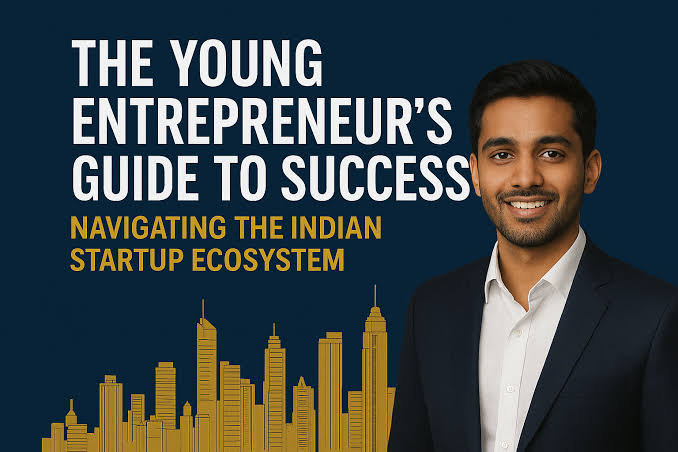In a surprising twist to the startup narrative, a growing number of young entrepreneurs are skipping the grind of building from scratch and instead acquiring existing small businesses through a strategic investment tool known as a search fund. This model, once reserved for elite business school graduates, is now gaining traction among millennials and Gen Zers who want to own and operate companies with proven revenue, loyal customers, and operational stability.
As baby boomers retire in record numbers, thousands of small businesses across North America are left without succession plans. These businesses—plumbing firms, equipment rental companies, pest control services—may not be flashy, but they are essential. And they’re ripe for acquisition.
Understanding The Search Fund Model
Search funds offer a structured pathway for aspiring entrepreneurs to become business owners. First conceptualized in 1984, the model allows individuals to raise capital from a small group of investors to search for, acquire, and operate a small to medium-sized private company.
The process typically unfolds in four stages:
1. Raise initial capital to fund the search (2 to 6 months)
2. Identify and acquire a suitable business (12 to 24 months)
3. Operate and grow the business (4 to 7+ years)
4. Exit, often by selling to a private equity firm (around 6 months)
Unlike startups, these acquisitions come with built-in advantages—existing cash flow, customer base, and product-market fit—making them a lower-risk entry point for first-time CEOs.
Why This Approach Is Gaining Momentum
The appeal of search funds lies in their practicality. Young entrepreneurs, especially those with MBAs or finance backgrounds, are drawn to the idea of owning a business without the uncertainty of starting from zero.
Key highlights driving this trend:
• Over half of U.S. small businesses are owned by people aged 55 and above, many without succession plans
• In 2023, a record 94 core search funds were launched across the U.S., according to Stanford Graduate School of Business
• Acquisition targets often include businesses with recurring revenue, low overhead, and minimal regulatory risk
• Investors are increasingly backing searchers due to the model’s proven returns and operational resilience
This shift is not just about wealth creation—it’s about preserving Main Street businesses and revitalizing local economies.
Profiles In Ownership: From MBA To CEO
Take Jason Jackson, a young entrepreneur who discovered search funds during his MBA. With no original business idea but a strong desire to lead, he raised capital, acquired a service-based company, and now runs it full-time. His story reflects a broader movement where ambition meets opportunity through acquisition.
These businesses are often described as hard to break—making them ideal for first-time operators. The forgiving nature of their operations allows young CEOs to learn, experiment, and grow without the pressure of rapid scaling or venture capital expectations.
Variants And Flexibility In The Model
While core search funds follow a traditional structure, newer variants offer flexibility:
• Self-funded searchers use personal savings and loans to acquire businesses
• Single-investor models streamline decision-making and reduce dilution
• Long-hold funds prioritize steady growth over quick exits, with holding periods of 10 to 20 years
This adaptability makes the model accessible to a wider range of entrepreneurs, including those outside elite academic circles.
Looking Ahead: A New Era Of Entrepreneurship
As economic uncertainty looms and startup failure rates remain high, search funds offer a compelling alternative. They combine the thrill of ownership with the stability of existing operations, allowing young entrepreneurs to build wealth, create jobs, and contribute meaningfully to their communities.
Final reflections:
• Search funds are reshaping the entrepreneurial landscape by turning acquisition into a launchpad
• Young buyers are solving a succession crisis while building personal and generational wealth
• The model’s scalability and resilience make it a powerful tool for the next wave of business leaders
Sources: CNBC, Economic Times, ClearTax.
